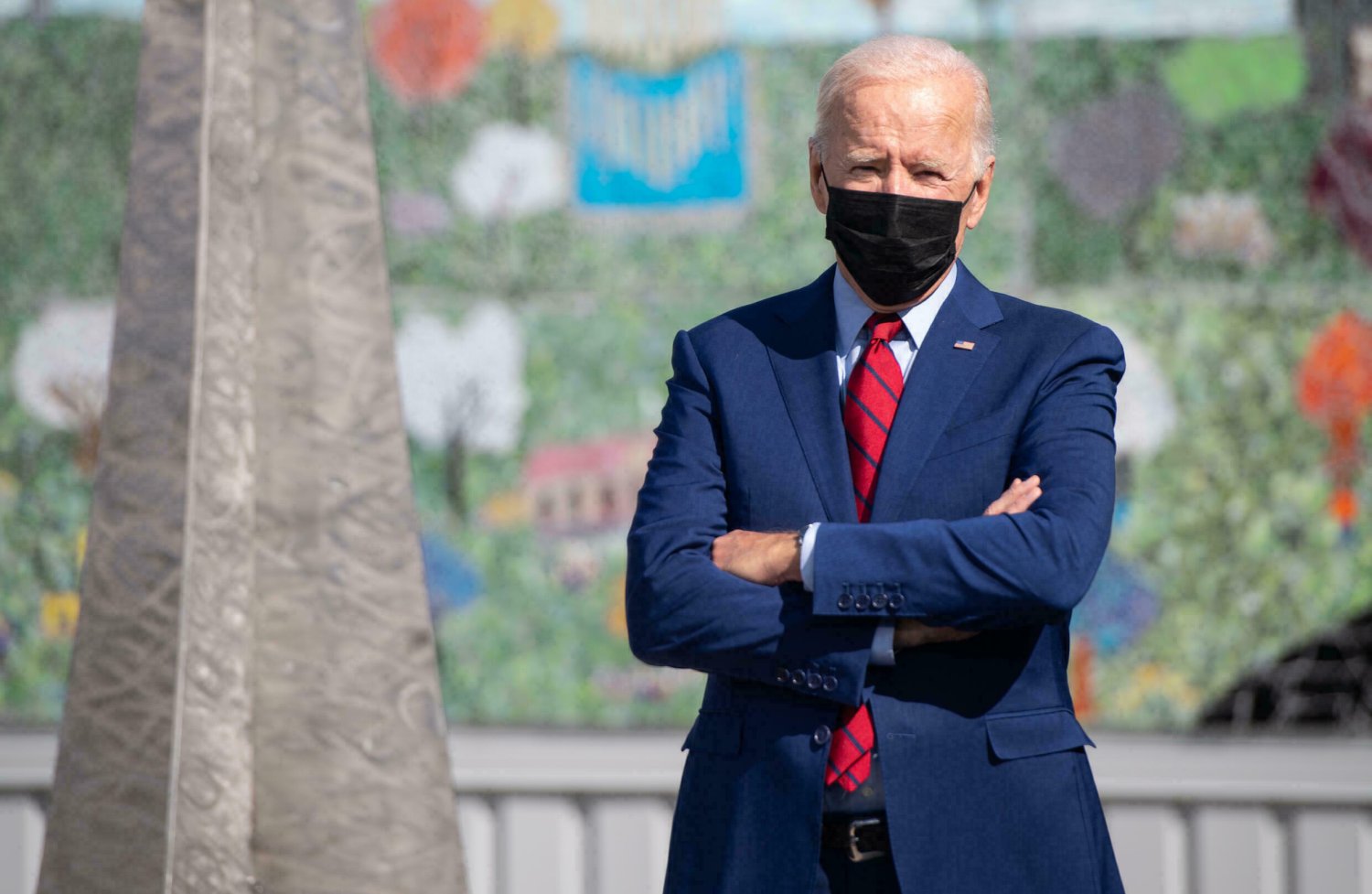Needless to say, there is a lot of gray area in President Biden’s vaccine mandate on private companies with 100 or more employees. We’ve documented several exceptions, such as the United States Postal Service, which will basically decide how it wants to classify itself for the most advantageous outcome of its labor force. Then there is the Federal Court system, also not covered under the President’s federal or private vaccine mandate. Perhaps the most glaring exception, of course, is Congress, which is not covered under Biden’s vaccine mandate and will make its own rules that will be less onerous than the ones your employer places on you.
What about government contractors, though? There are hundreds of companies, maybe thousands, that the federal government does business with. Many of them are large, billion-dollar conglomerates like Boeing or Lockheed Martin, will these companies be covered by the private mandate or the federal workforce mandate?
Forgot the large companies, what about the smaller government contractors? Some contractors are very small, with well less than 100 employees. Will they be exempt from the vaccine mandate under the private portion or are they still covered under President Biden’s other vaccine mandate covering federal employees of the legislative branch and federal contractors?
Deciphering the vaccine mandate is cumbersome and could cause the most impact and headaches for smaller companies that don’t have the personnel or in-house staff to deal with the regulations the way a large company does.
According to reports, the answer is still unclear how small government contractors will be affected and what standard they will be held to. The National Defense Industrial Association (NDIA), a trade group that helps contractors navigate federal bureaucracy, is doing its best to assist contractors of all sizes to navigate these new top-down Biden mandates:
For the NDIA, whose members include more than 1,000 small business contractors, it’s unclear whether the exception for employers below 100 workers will ultimately apply to government contractors as well. NDIA is voicing concerns to the Biden administration that while large firms might be able to withstand some personnel losses, smaller firms would be hit harder.
“For a small business to lose one or two employees is just about always a strategic impact,” Hallman said. “Looking at this policy, it would have a disproportional effect on small businesses, and we’re concerned about that.”
As with every top-down mandate from the government, it’s the smallest entities that feel the pinch. A company of 10,000 employees can withstand losing a few dozen employees over vaccine mandates. A company of 10 employees cannot. How does that factor into any of the mandate exemptions? Also unclear.
It’s worth noting that with most federal edicts, changes are imposed through a feedback loop meaning contractors and groups like the NDIA will offer suggestions and help craft guidelines that will impact thousands of companies. In this case, regarding Biden’s onerous vaccine mandate, the request for input and feedback was ignored:
Biden covered federal contractors and subcontractors with a broad executive order on Sept. 9, giving agencies until Oct. 15 to include the requirement in contract language and until Nov. 22 to have their workers fully vaccinated. Ahead of guidance issued Friday from the government’s Safer Federal Workforce Task Force, the administration has eschewed the typical review and feedback window for less formal conversations with the trade associations.
Once again, imposing these types of standards and mandates without input from those most affected begs questions about how such a mandate will ultimately and properly be enforced.
For small defense contractors, it’s more of a “wait and see” approach to determine the best course of action or what changes will be necessary. There are plenty of companies who are willing to impose a vaccine mandate on their employees, but they fear losing some of them due to objections. Will that change when the Biden mandate goes into effect come November? The rubber will soon meet the road for employers still waiting to figure how to deal with a one-size-fits-all approach to forced Covid vaccinations or a regiment of weekly testing.
Donate Now to Support Election Central
- Help defend independent journalism
- Directly support this website and our efforts
